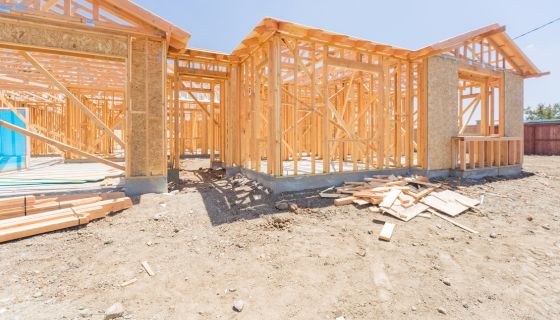Phase 1 desk studies play a crucial role in meeting building control and warranty requirements for construction projects. These studies are a preliminary assessment of the environmental conditions of a site, helping developers and construction professionals understand any potential risks or constraints early in the project lifecycle. In this comprehensive guide, we will explore the importance of Phase 1 desk studies in meeting building control and warranty requirements, along with key considerations and best practices for conducting these studies effectively.
Understanding Phase 1 Desk Studies
Phase 1 desk studies are a standard practice in the construction industry, particularly for projects that involve new developments or significant alterations to existing buildings. These studies aim to identify any potential environmental risks or constraints that may affect the proposed development. By conducting a phase 1 desk study, developers can assess the suitability of a site for development and identify any potential issues that need to be addressed before construction begins.
Meeting Building Control Requirements
Building control is a regulatory process that ensures new buildings meet the necessary standards for health, safety, and accessibility. As part of the building control process, developers are required to demonstrate that they have considered any potential environmental risks or constraints associated with the site. A Phase 1 desk study is often a key requirement in meeting building control requirements, as it provides valuable information about the environmental conditions of the site.
Key Considerations for Meeting Building Control Requirements
- Site History: Understanding the site’s history is essential for identifying any potential contamination issues. Developers should gather information about the site’s previous uses, including any industrial or agricultural activities that may have taken place.
- Environmental Designations: Developers should also consider any environmental designations that may apply to the site, such as conservation areas or sites of special scientific interest. These designations can impact the development process and may require additional planning considerations.
- Contamination Risk Assessment: A contamination risk assessment should be conducted as part of the Phase 1 desk study to identify any potential sources of contamination and assess the risk to human health and the environment.
- Mitigation Measures: Based on the findings of the Phase 1 desk study, developers may need to implement mitigation measures to address any identified risks. This could include remediation of contaminated land or implementing measures to prevent contamination from occurring.
Meeting Warranty Requirements
In addition to meeting building control requirements, developers may also need to meet warranty requirements for new buildings. Warranty providers typically require developers to demonstrate that they have considered any potential risks or constraints associated with the site, including environmental risks. A Phase 1 desk study can provide the necessary information to satisfy warranty requirements and ensure that the building is covered under the warranty.
Best Practices for Conducting Phase 1 Desk Studies
- Engage Early: It is essential to engage with environmental consultants early in the project lifecycle to ensure that the Phase 1 desk study is conducted in a timely manner and that any potential issues are identified and addressed promptly.
- Comprehensive Assessment: The Phase 1 desk study should be comprehensive, covering all relevant aspects of the site’s environmental conditions, including historical land use, environmental designations, and potential contamination risks.
- Consultation with Stakeholders: Developers should consult with stakeholders, including local authorities and environmental agencies, to ensure that the Phase 1 desk study meets the necessary requirements and addresses any concerns.
- Implementation of Mitigation Measures: Developers should implement any necessary mitigation measures identified in the Phase 1 desk study to ensure that the site is suitable for development and complies with building control and warranty requirements.
Conclusion
Phase 1 desk studies are a critical component of the construction process, helping developers and construction professionals understand and mitigate potential environmental risks early in the project lifecycle. By conducting a thorough Phase 1 desk study, developers can meet building control and warranty requirements, ensuring that new buildings are safe, sustainable, and compliant with regulatory standards.



